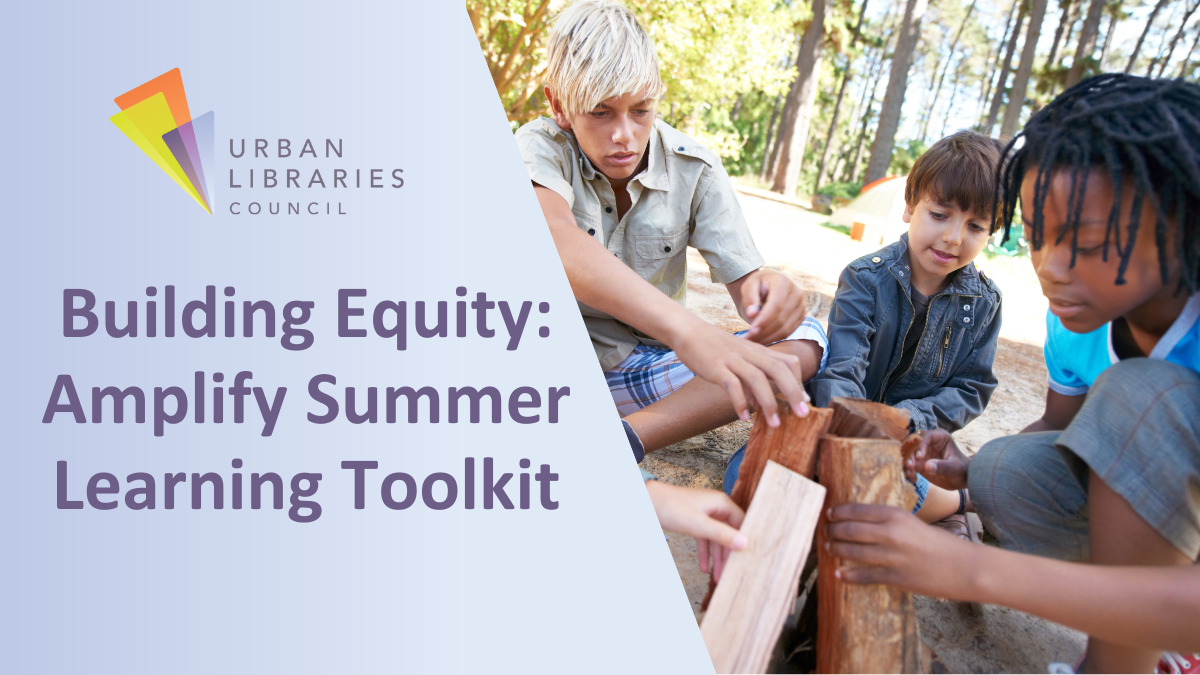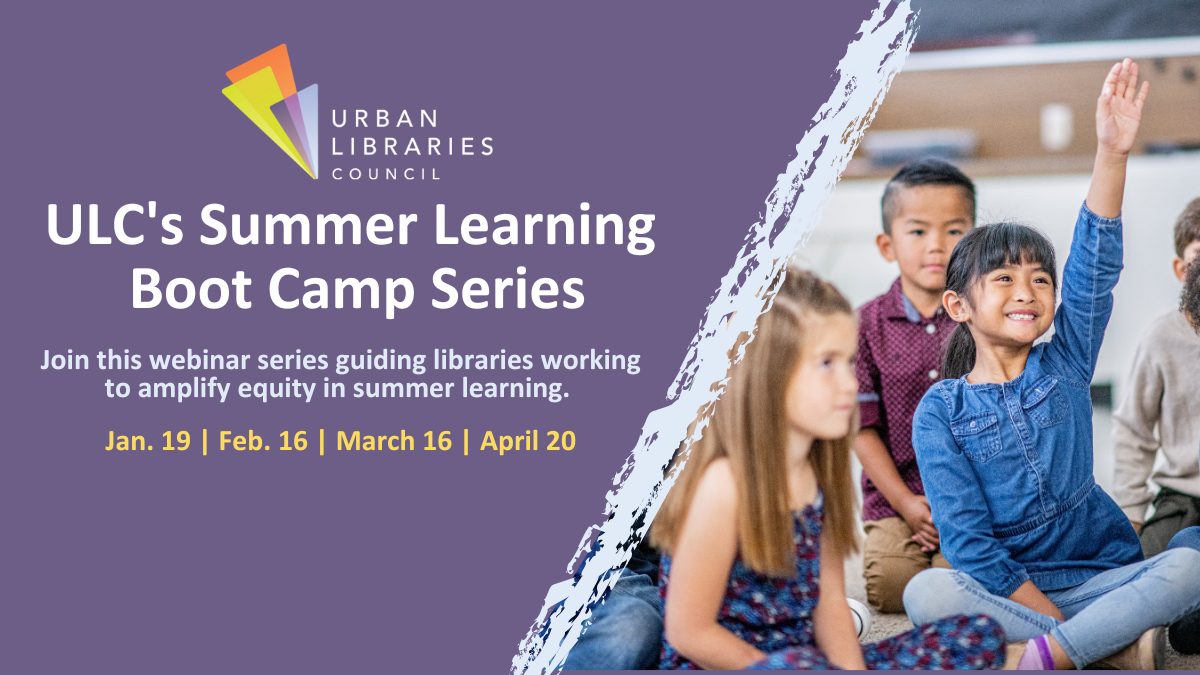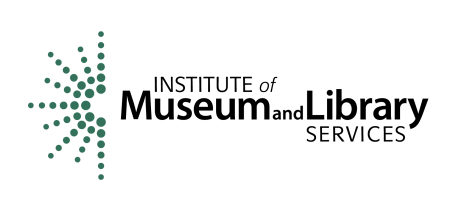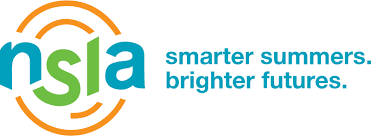About this Initiative
The Building Equity: Amplify Summer Learning initiative supports engaging learning opportunities for middle school youth in summertime who have historically been excluded from STEM opportunities (e.g., based on race, income, gender, ability). Building on the success of ULC’s Partners for Middle School STEM initiative and the hard work of our first learning cohort libraries, the goal of Building Equity: Amplify Summer Learning is to position libraries as critical community anchors for learning, accelerate the public library’s role in summer and reinforce the library as a place in the community for equity and inclusion.
Resources
Building Equity: Amplify Summer Learning Toolkit
The Building Equity: Amplify Summer Learning Toolkit provides methods for libraries to engage every child in high-quality summer learning, emphasizing strategies to center equity, executing effective STEM program design and targeting middle school youth.
View Resource
ULC's Summer Learning Boot Camp Webinar Series
As part of the Building Equity: Amplify Summer Learning initiative, ULC invited members to participate in an informational boot camp series designed to support libraries as they work to amplify equity in summer learning.
View Webinar Series
Building Equity: Amplify Summer Learning Final Cohort Survey Analysis
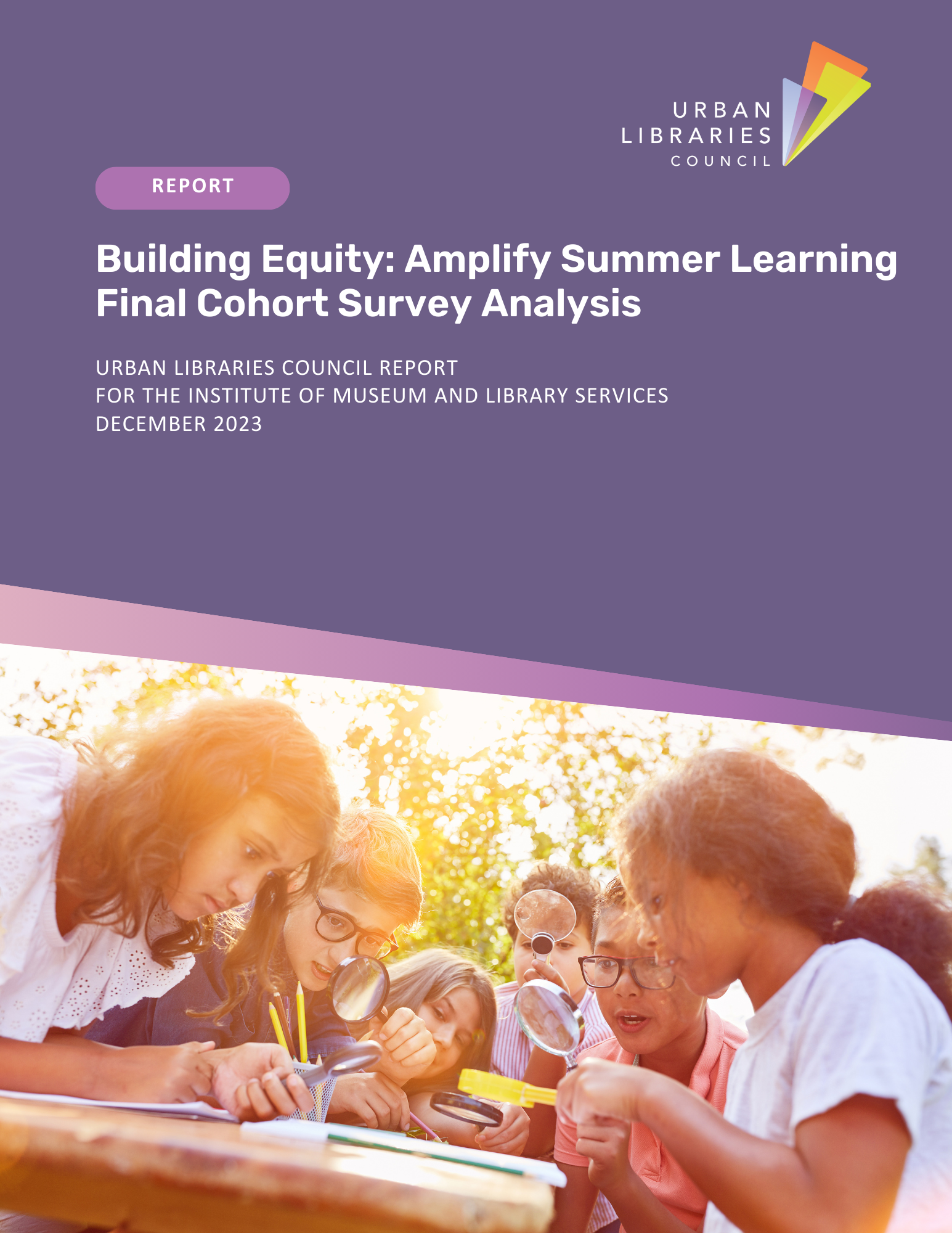
Building Equity: Amplify Summer Learning (2021-2023) is an IMLS-funded initiative that supports public libraries providing engaging learning opportunities for middle school youth in the summertime who have historically been excluded from STEM opportunities (e.g., based on race, income, gender, ability). The work builds on previous success and findings of the Partners for Middle School STEM Initiative (2018-2020). This document analyzes the results of a final survey of participating library systems and serves as a limited program evaluation.
View the Cohort Survey Analysis
Cohort Library Participants
The following libraries are part of the cohort:
- Algona Public Library, Algona, Iowa
- Boise Public Library, Boise, Idaho
- Boston Public Library, Boston, Mass.
- Cedar Rapids Public Library, Cedar Rapids, Iowa
- Central Arkansas Library System, Little Rock, Ark
- Cincinnati & Hamilton Public Library, Cincinnati, Ohio
- Edmonton Public Library, Edmonton, Atla.
- Enoch Pratt Free Library, Baltimore, Md.
- Evansville Vanderburgh Public Library, Evansville, Ind.
- Halifax Public Libraries, Dartmouth, N.S.
- Harris County Public Library, Houston, Texas
- Jersey City Free Public Library, Jersey City, N.J.
- La Porte County Public Library, La Porte, Ind.
- Lexington Public Library, Lexington, Ky.
- Milton Public Library, Milton, Ont.
- Orange County Library System, Orlando, Fla.
- Pima County Public Library, Tucson, Ariz.
- Portland Public Library, Portland, Maine
- Public Library of Youngstown and Mahoning County, Youngstown, Ohio
- San Mateo County Libraries, San Mateo, Calif.
- Schaumburg Township District Library, Schaumburg, Ill.
- Scottsdale Public Library, Scottsdale, Ariz.
Thank You to Our Supporters for This Initiative
Funded in part by the Institute of Museum and Library Services and with the support of our partners — the National Summer Learning Association, the National Recreation and Park Association and STEM expert Bryan Wunar — ULC and its strategic partners will work with the learning cohort to design and implement quality STEM summer programming. This project was made possible in part by the Institute of Museum and Library Services grant number LG-250115-OLS-21.

